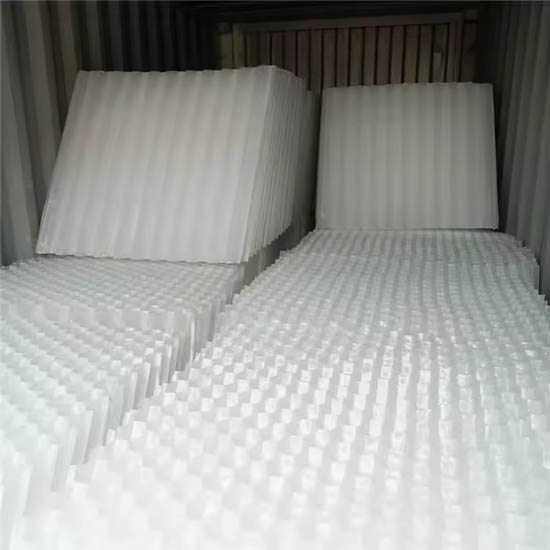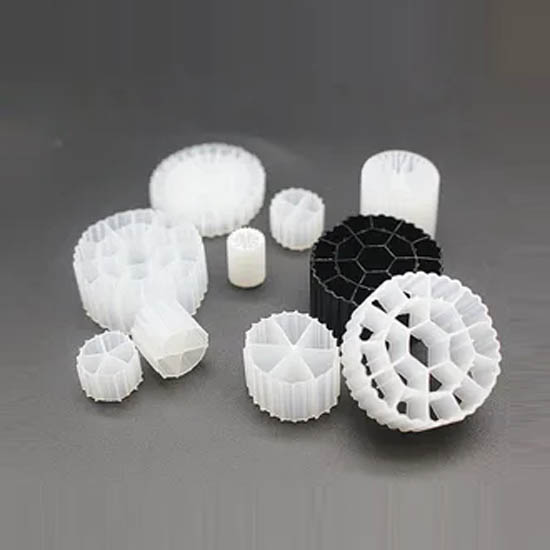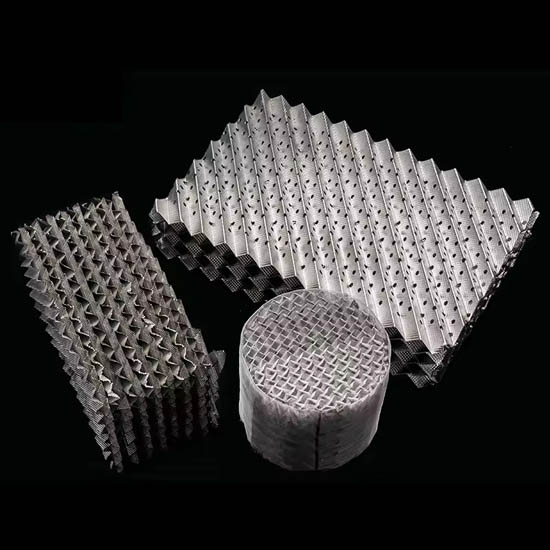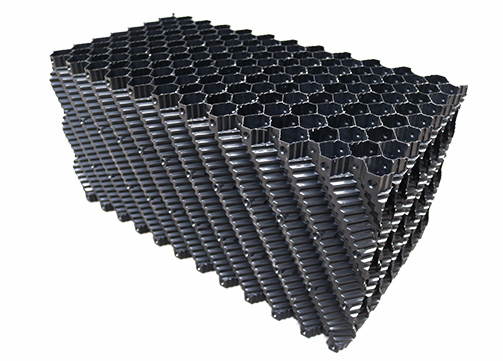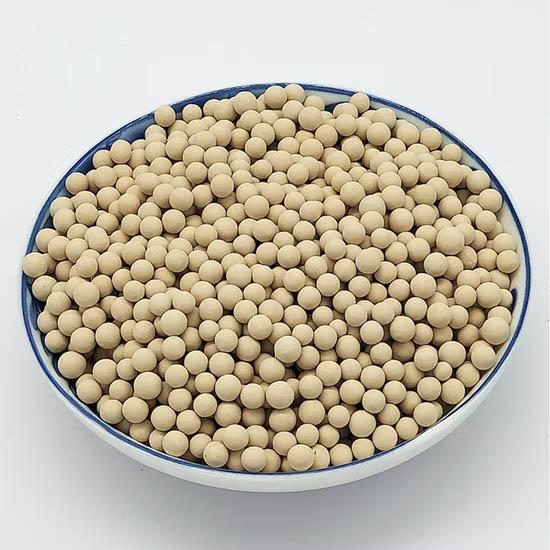3A Molecular Sieve
3A molecular sieves feature high adsorption capacity, fast adsorption rate, and excellent regeneration performance. They can be repeatedly regenerated by heating or purging with dry gas, ensuring long-term efficiency and cost savings in industrial applications.
3A molecular sieve, also known as potassium-based molecular sieve, is an alkali metal aluminosilicate crystalline adsorbent with uniform micropores of approximately 3 angstroms (0.3 nm).
It is produced by partially exchanging the sodium ions in 4A molecular sieve with potassium ions. Due to its precise pore size distribution, 3A molecular sieve selectively adsorbs molecules
smaller than 3 Å (notably water) while excluding larger molecules. This selective dehydration makes it ideal for drying applications where water must be removed without adsorbing
hydrocarbons or larger organic molecules.
Features
- Pore size approximately 3 Å, selective for water molecules only.
- High adsorption capacity and rapid adsorption kinetics.
- Excellent regenerability with low energy requirements.
- Good chemical and thermal stability.
- High selectivity prevents co-adsorption of hydrocarbons and larger molecules.
Specifications (Typical Properties)
| Property | Typical Value |
|---|---|
| Pore diameter | 3 Å |
| SiO₂/Al₂O₃ ratio | ≈ 2.0 |
| Bulk density | 0.60 – 0.68 g/mL |
| Crushing strength | ≥ 80 N/piece (for 1.6–2.5 mm) |
| Loss on ignition | ≤ 1.5% |
| Static water adsorption | ≥ 20% (25°C, RH 75%) |
Advantages
- Highly selective water adsorption ensuring effective dehydration.
- Prevents polymerization or degradation of unsaturated hydrocarbons during drying.
- Long service life with many regeneration cycles.
- Broad applicability across petrochemical, gas processing, and fine chemical industries.
- Cost-effective desiccant compared with many alternative drying agents.
Applications
- Drying of unsaturated hydrocarbons such as ethylene, propylene and butadiene.
- Dehydration of polar solvents including methanol and ethanol.
- Natural gas and refinery gas dehydration.
- Drying of refrigerants (e.g., R22, R134a).
- Dehydration steps in pharmaceutical and fine chemical manufacturing.
Packaging
- 25 kg sealed bag / carton
- 150 kg iron drum
- 500–1000 kg jumbo bag (FIBC)
- Custom packaging available upon request

